
If you are worried about getting breast cancer, you might be asking yourself if there are any ways you can reduce the risk. Some risk factors, such as family history and genetics, are unavoidable. However, you can decrease your risk by making several healthy and manageable lifestyle changes.
What can I do to lower my breast cancer risk?
- Maintain a healthy weight: A healthy weight can vary and look different for every body type. Weight will always fluctuate, but keeping your BMI (body mass index) in the “normal” range is important to keep your risk of breast cancer low. A healthy BMI can range from 18.5 to 24.9. Your BMI can easily be calculated by using an online program or app if you have one. For individuals needing to lose weight to decrease breast cancer risk, talk to your doctor about how to do so in a healthy way. We recommend slowly reducing the number of calories you consume each day and gradually increasing your physical activity.
- Stay Active: Physical activity can help you maintain a healthy weight, which can aid in reducing the risk of breast cancer. Exercise is known to regulate hormones such as estrogen and insulin. Both of these hormones have been shown to fuel breast cancer growth. Regular exercise can help individuals stay at a healthy weight, which will help regulate hormones and reduce the risk of breast cancer. Most healthy adults should aim for 150 minutes of moderate aerobic activity or 75 minutes of strenuous aerobic activity each week. Strength training at least two times per week is also recommended.
- Eat healthy: A balanced diet can help reduce the risk of certain types of cancers, diabetes, heart disease, and stroke. Watching what you eat and reading food labels will help you eliminate some of the high-calorie, high-fat foods that pack on pounds. Try to eliminate processed foods, foods with high sugar and simple carbs as well as those with trans-fat. Eat more fruits and vegetables, foods high in protein, and whole-grain foods like brown rice, wheat bread, or whole-grain pasta as they provide more nutrients and are made of healthier complex carbs.
- Don’t smoke: Smoking is associated with an increased risk of breast cancer in younger, premenopausal women, and is linked to a variety of other diseases. There may also be a link between heavy second-hand smoke exposure and the risk of breast cancer in postmenopausal women. We encourage you to not start smoking if you don’t already. If you do smoke, we recommend you use every resource available to help stop. If you are serious about trying to quit there are many ways you can get help. A free online smoking cessation program is available through the American Lung Association. The American Cancer Society also has a quit smoking program.
- Limit alcohol intake: Research suggests that the more alcohol you consume, the more likely you are to develop breast cancer. The general guideline is to limit yourself to one drink a day, as even a small amount can increase your risk.
What else can I do?
It’s important to be aware and keep an eye out for signs of breast cancer. Consult with your doctor if you notice any changes in your breasts, such as a new lump or skin changes. Also, ask your doctor when you should begin getting mammograms and other screenings based on your personal medical history.
As a reminder, these recommendations are only risk-reducing measures and will not eliminate your risk of developing breast cancer.
Talk to PRMA Plastic Surgery About Your Reconstructive Options
At PRMA, we empower our patients to learn about all their surgical options. To schedule a consultation please call us at 800-692-5565 or complete our free virtual consultation form HERE.
Leave Comment

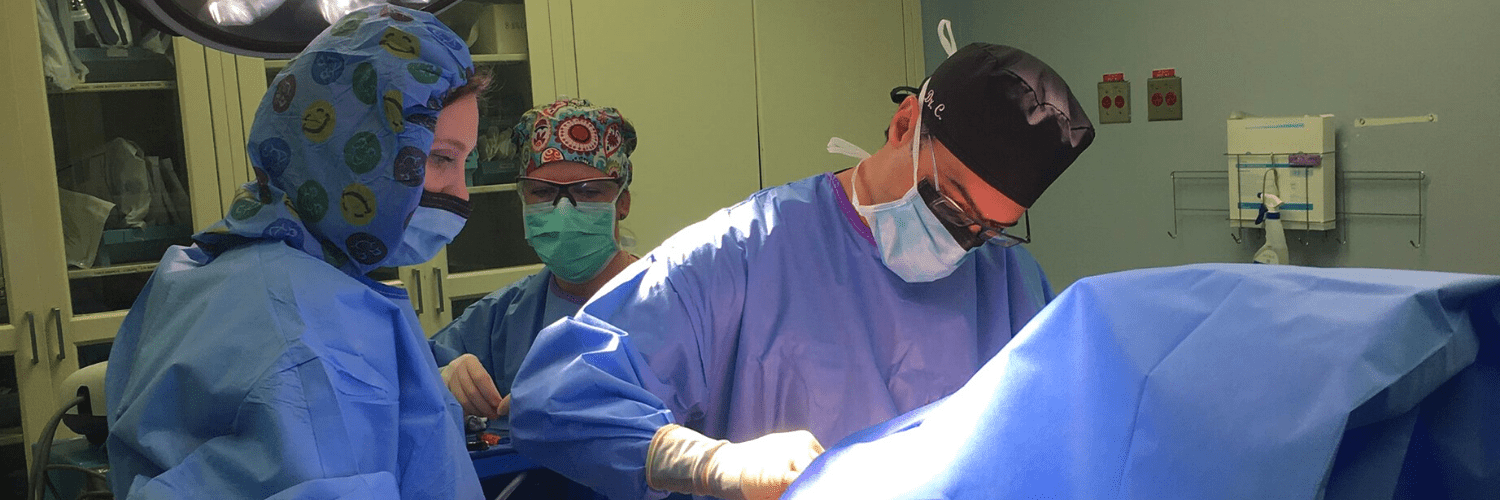
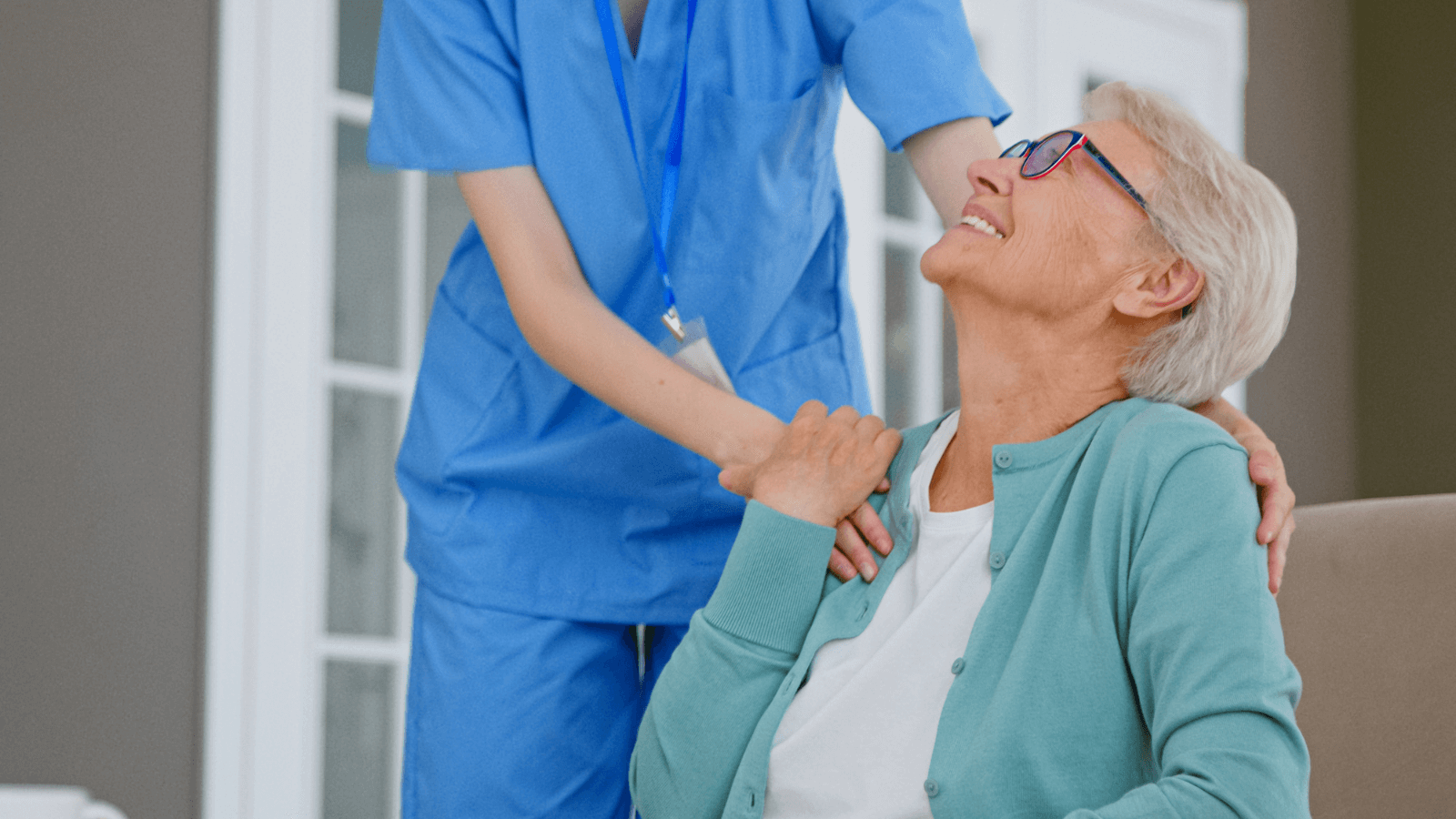
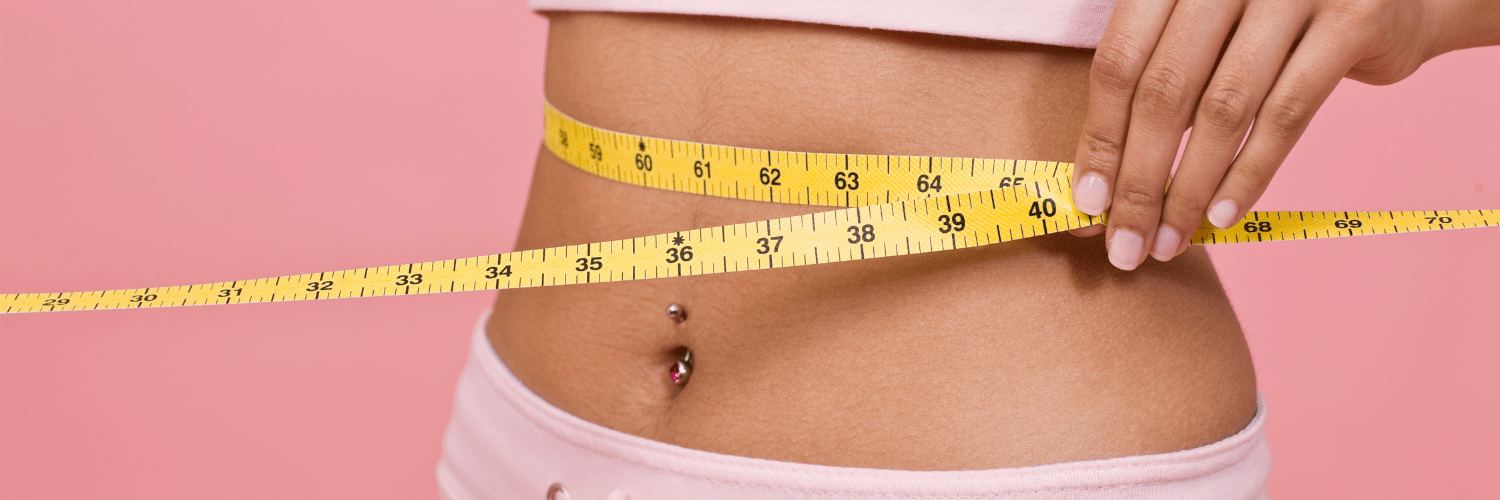
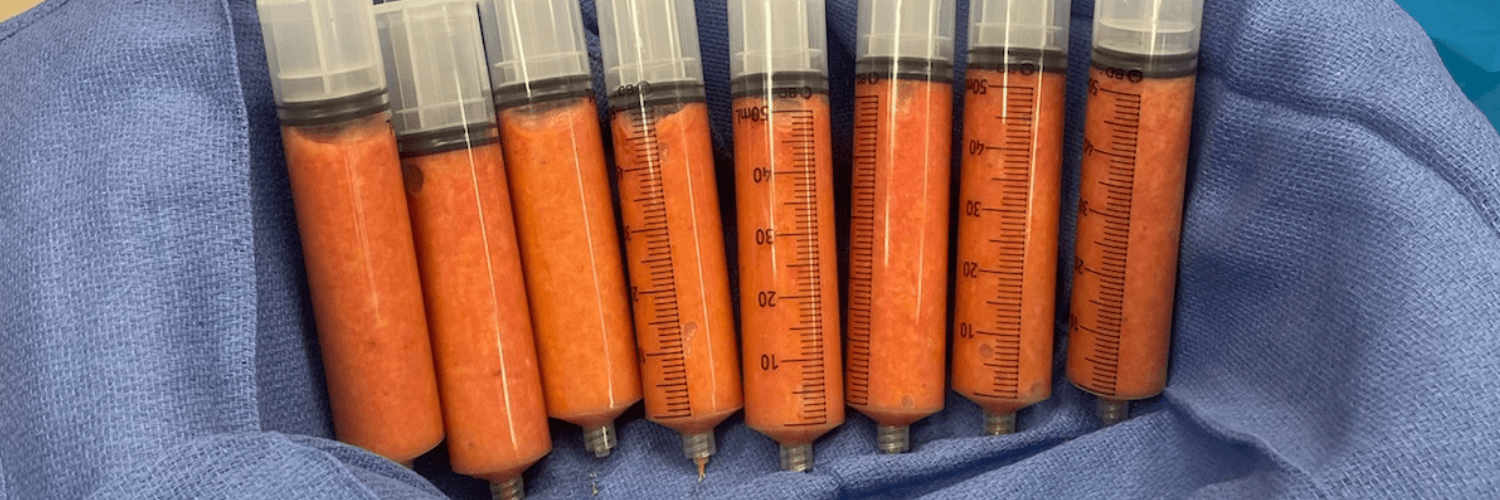
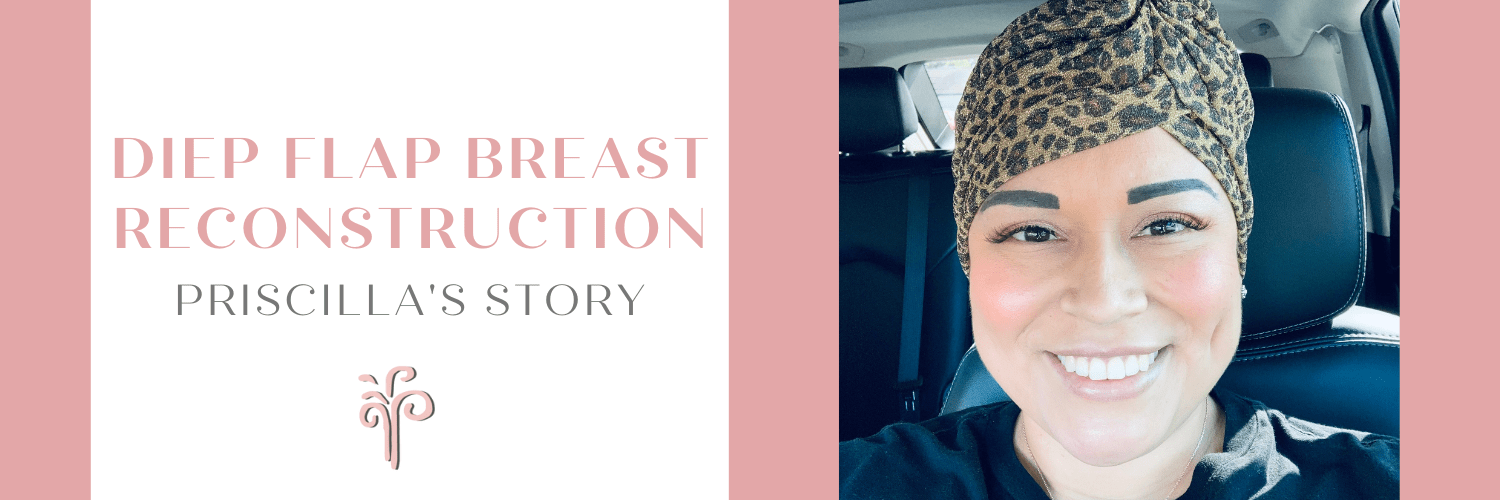
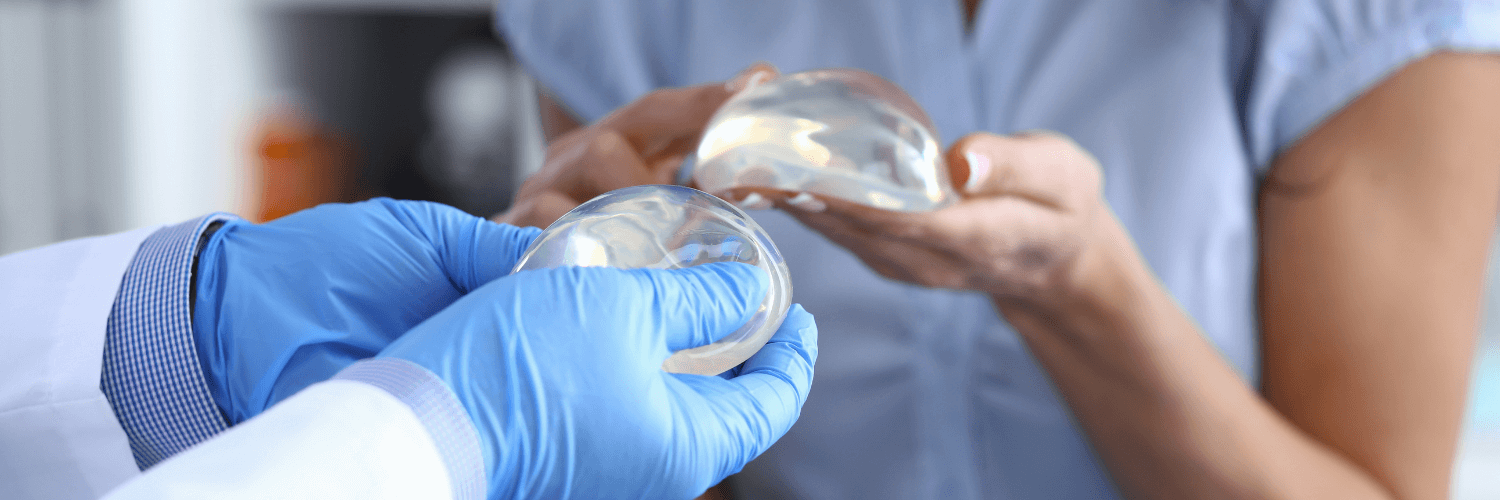
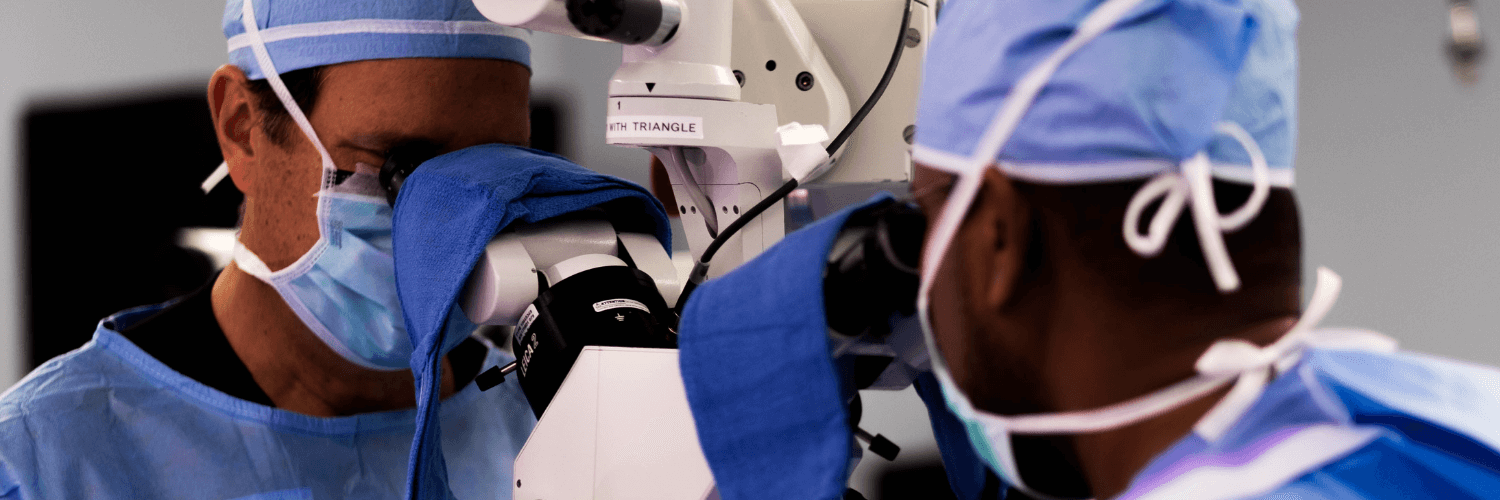

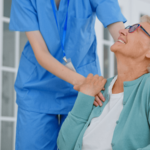
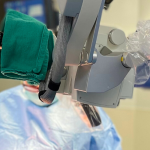
No Comments